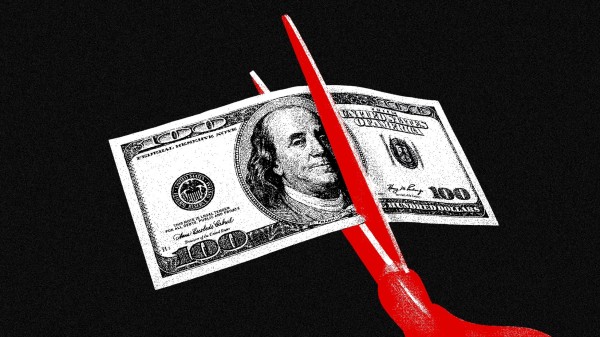
What is going on, exactly?
During its investigations of federal institutions like the National Science Foundation and the National Institutes of Health, the Department of Government Efficiency uncovered much higher than average indirect costs (overhead rates) as well as more than a few research programs of questionable value. In response, the administration has frozen much federal funding for university research. This sudden change has thrown many research programs into chaos, bringing hiring slowdowns or even freezes to many departments.
Which schools are directly affected?
You've probably been hearing the most about Harvard and Columbia, but a number of elite institutions are also being investigated. Here is a list of schools reported by the AP, but there are many more, including large public universities and smaller colleges. But some schools will be disproportionately affected, which is why Harvard is fighting back through the courts.
Will this affect my child?
While there may not be an immediate effect on current and prospective undergraduates, less research funding means fewer graduate students and fewer research internships. If the squeeze lasts long enough or gets bad enough, some professors may move to less impacted schools so that their research will not be impeded. The financial pressure on colleges will only increase from one of the largest expected matriculating classes ever. Everyone on campus will feel some of the consequences, as schools cut costs to adjust to the new normal.


